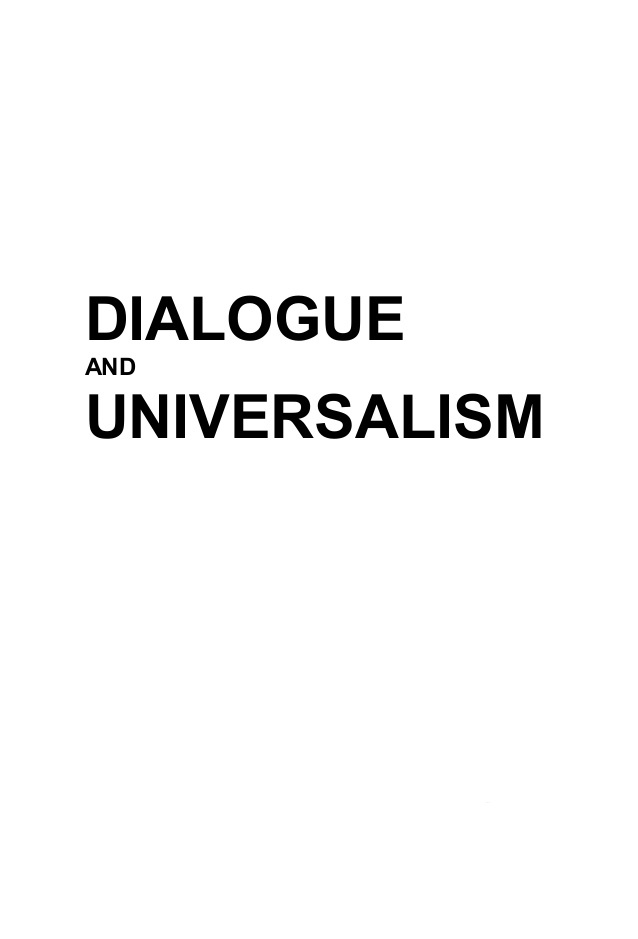THE CHINESE MORAL CRISIS AND MORAL CAPITAL
THE CHINESE MORAL CRISIS AND MORAL CAPITAL
Author(s): Xing GuozhongSubject(s): History of Philosophy, Philosophical Traditions, Political Philosophy, Social Philosophy, Special Branches of Philosophy
Published by: Instytut Filozofii i Socjologii Polskiej Akademii Nauk i Fundacja Filozofia na Rzecz Dialogu
Keywords: Capital; rational-economic man; moral capital; economic justice
Summary/Abstract: “Moral capital” is a concept emerged in the China ethical community at the end of the 20th century. The issue of moral capital arises from discussions about economy and ethics. The controversial point in this concept consists in that morality is a kind of capi-tal. Will morality become a capital? I think it is possible. The interpretation of the con-cept “capital” should go back to the logical starting point of economics, namely, “ratio-nal-economic man.” From the perspective of moral philosophy, every economic activity is committed to morality. The maximization of self-interest is only a part of rationality. Rationality should also cover the acquisition of no self-interest valuable goals. People’s economic behaviors may also be connected with culture, ethics, intelligence, aesthetic appreciation or emotions. I think it is time to radically reform rationality. The issue of moral capital reinterprets capital by basing on humanity. The core of moral capital con-sists in the revealing of capital’s property of value; this value functions against the bac-kground of the socialist market economy system. It is the issue of economic justice in the context of contemporary China.
Journal: Dialogue and Universalism
- Issue Year: 2017
- Issue No: 4
- Page Range: 99-106
- Page Count: 8
- Language: English
- Content File-PDF

